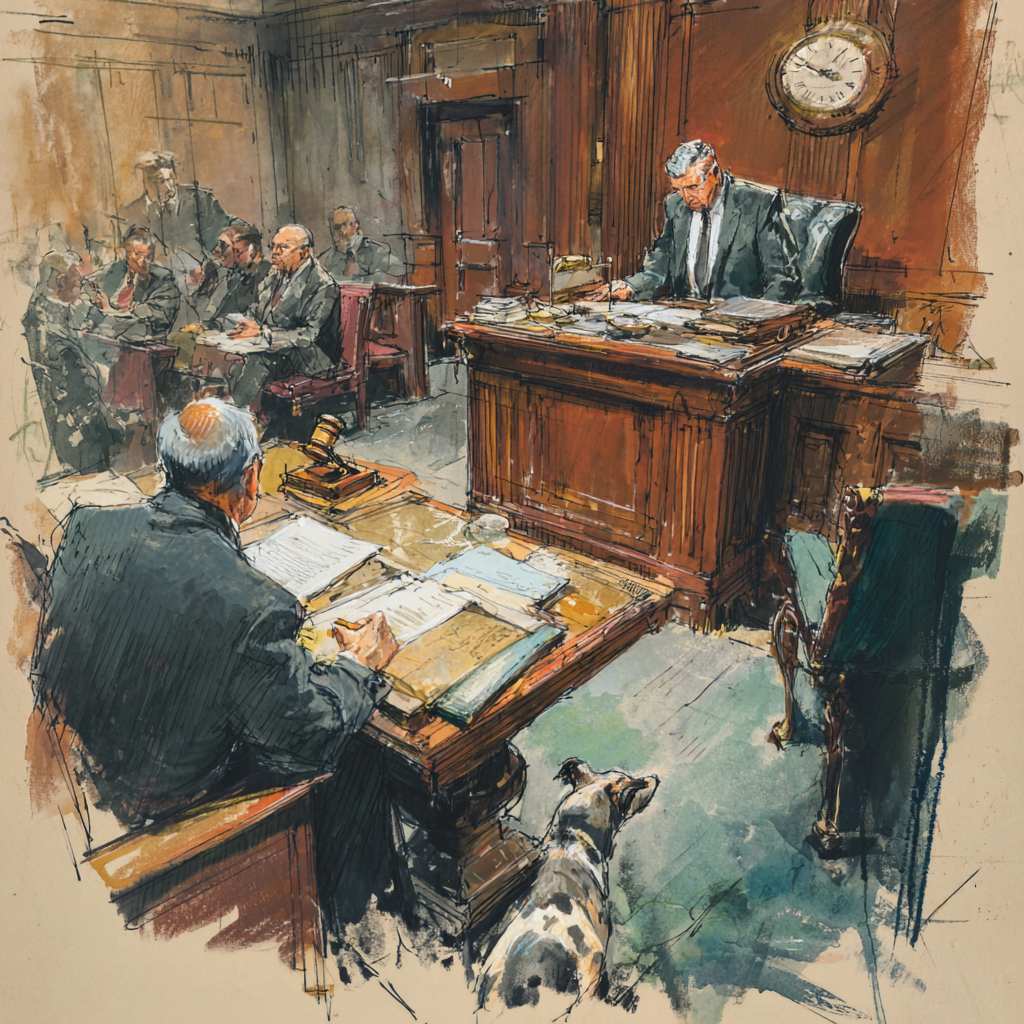RLC Med., P.C. v Allstate Prop. & Cas. Ins. Co., 2009 NY Slip Op 52691(U)(App. Term 2d Dept. 2009)
“Defendant denied Craigg’s $269.60 claim based upon the assignor’s EUO testimony. Since the purported EUO transcript annexed to defendant’s opposition papers is not in admissible form, we decline to consider it. Accordingly, Craigg was entitled to summary judgment upon said claim.”
Question: Why was it not in admissible form? My thought is that Defendant annexed to her papers the condensed EUO that was not certified by the stenographer. Not good.
Same case:
“In opposition to plaintiffs’ motion, defendant established that while facts may exist that are essential to justify denial of the branch of the summary judgment motion seeking to recover upon claims submitted by RLC, defendant was unable to set forth sufficient facts to establish the defense of fraudulent incorporation (see Insurance Department Regulations [11 NYCRR] § 65-3.16 [a] [12]; State Farm Mut. Auto. Ins. Co. v Mallela, 4 NY3d 313 [2005]) since such information was within RLC’s possession and RLC had not complied with defendant’s discovery demands therefor (see CPLR 3212 [f]). Consequently, the District Court properly denied the branch of the motion for summary judgment upon the claims submitted by RLC….”
CPLR 3212(f) again. Dave Gottlieb over at NFP and on his CPLR blog has detailed this subdivision of the summary disposition statute for some time. In New York practice, it usually takes a really good reason to deny a summary judgment motion without prejudice, in accordance with subdivision (f) of Rule 3212 of the CPLR. In no-fault and 5102(d) threshold practice, subdivision (f) is successfully invoked as a matter of course in the case of a Mallela violation or when a Plaintiff moves on the basis that he or she sustained a serious injury prior to the performance of Defendant’s IME’s.
Outside of these two situations, the usual trend is to deny a CPLR 3212(f) application. Here is a prime example – Delta Radiology, P.C. v. Interboro Insurance Company, 25 Misc.3d 134(A)(App. Term 2d Dept. 2009):
“Contrary to defendant’s contention, although plaintiff’s claim was submitted more than 45 days after the services at issue were rendered, defendant waived its reliance on the 45-day rule (Insurance Department Regulations [11 NYCRR] § 65-1.1) as a basis to deny the claim because defendant had failed to communicate to plaintiff, as required by the No-Fault Regulations, that late submission of the proof of claim will be excused where the applicant can provide a reasonable justification for the late submission ( see Insurance Department Regulations [11 NYCRR] § 65-3.3[e]; SZ Med. P.C. v. Country-Wide Ins. Co., 12 Misc.3d 52 [App Term, 2d & 11th Jud Dists 2006] ). Further, defendant failed to demonstrate that discovery was needed in order to show the existence of a triable issue of fact ( see CPLR 3212[f] ).”









